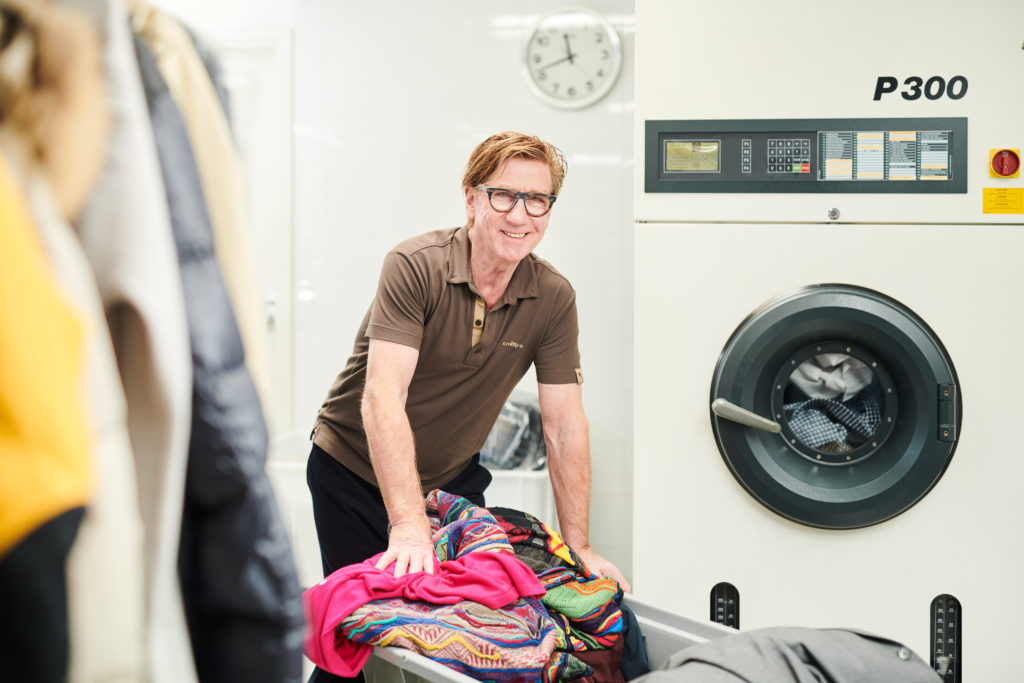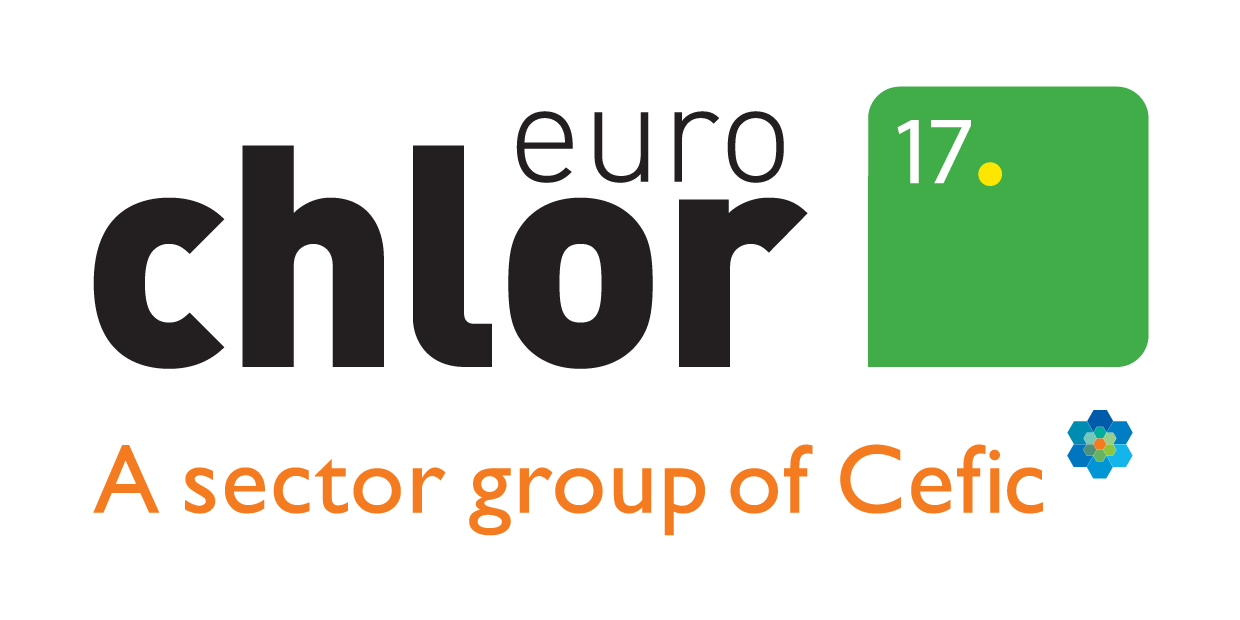17 Successes
The Dry-Cleaner
Red wine on your blouse? Coffee on your tuxedo? Don’t panic, Paul can help!
"When I left school I did not know what I wanted to do, so I started to help out in my parents’ laundry. In those days few people had their own washing machine, so this place was very busy from 7 am to 11 pm!”
The long hours clearly did not discourage Paul, as he took over the business in 1986. His wife, Lis, joined him a few years later.
As people do not wear as many formal outfits and buy cheaper, more disposable clothes these days, Paul has adapted by working for corporate clients including hotels and restaurants.
A typical day for Paul begins early. “I start our steam boiler (used to power the appliances and ironing stations) half an hour before opening time.”
Paul’s efficient, gas-powered boiler is not his only attempt to reduce the environmental impact of the laundry: He also has an electric-powered van. Acutely aware of the criticism aimed at cleaning chemicals, Paul invests in modern technology to maximise their effectiveness.
These environmental efforts have been rewarded: Paul has won his city’s ‘Green ribbon’ award for his energy and water efficiency.
But it is not the awards that motivate Paul. Dry-cleaning is a rewarding profession. “Clients see their favourite clothes looking like new again or receive help with a clothing crisis. The smiles we receive are extremely satisfying.”
Chlor-alkali chemistry is vital in the sustainable cleaning of clothes as it helps to reduce water usage. Used for more than 70 years in Europe, perchloroethylene has an unmatched cleaning performance, allows faster cycle times and remains the most widely used solvent in the dry-cleaning industry. It is easily recycled and can be safely handled in closed-cleaning systems.
CINET, an organisation for global professional textile care notes that around 36,000 dry-cleaners in Europe safely use chlorinated solvents every day*.
Discover more about these essential chlor-alkali chemicals via the ECSA website.

